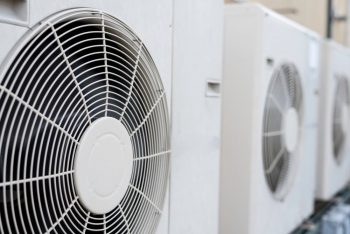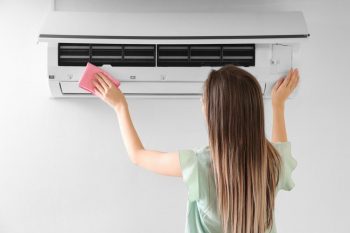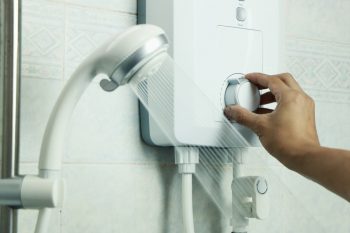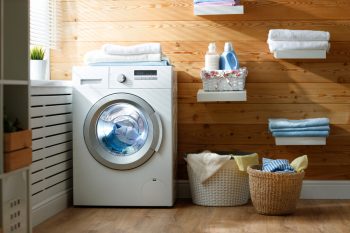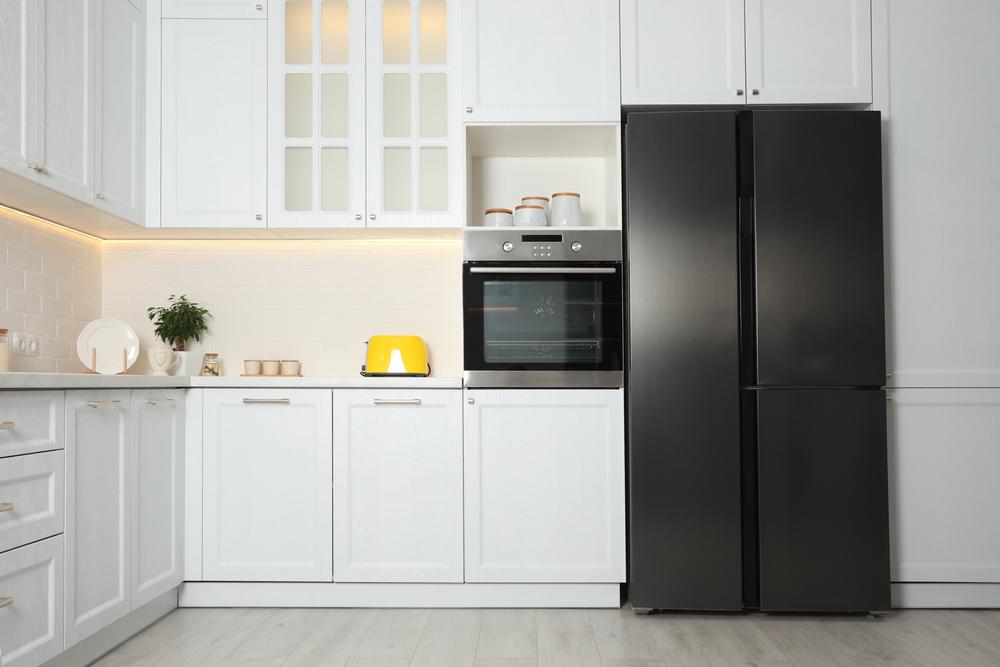
In today’s world, the disposal of non-working appliances, particularly refrigerators, has become a significant environmental concern. However, there are several ways to handle a non-functioning refrigerator, one of which is selling it. But who buys non-working refrigerators? This comprehensive guide will delve into the major buyers, the buying process, potential uses, legal considerations, and more.
The main buyers of non-working refrigerators are scrap metal dealers who recycle the metal, used appliance stores that refurbish the appliance or use it for parts, individuals or businesses on online marketplaces like Craigslist, eBay, and Facebook Marketplace who are interested in repair or parts, and junk removal companies that dispose of old or broken appliances in an environmentally friendly way.
Major Buyers of Non-Working Refrigerators
Non-working refrigerators have a market, albeit a niche one. The major buyers are:
- Scrap metal dealers: These businesses buy non-working refrigerators to extract the metal for recycling.
- Used appliance stores: Some independent local stores buy non-working refrigerators for parts or refurbishment.
- Online marketplaces: Websites like Craigslist, eBay, and Facebook Marketplace are platforms where you can list non-working refrigerators. Buyers interested in repair or parts may be interested.
- Junk removal companies: Companies like 1-800-GOT-JUNK? can help dispose of old or broken appliances, often recycling them in an eco-friendly manner.
Reasons People Buy Non-Working Refrigerators
- For parts: Some buyers are interested in salvaging usable parts.
- Scrap metal: Non-working refrigerators are a source of scrap metal.
- Art or decoration: People buy non-working refrigerators for artistic or decorative purposes.
- Learning and practice: Some people buy non-working refrigerators to gain hands-on experience in appliance repair.
- Environmental concerns: Buying non-working refrigerators can ensure they are properly disposed of or recycled.
The Buying Process for Non-Working Refrigerators
The buying process typically involves research, inspection, negotiation, pickup or delivery, disposal, or recycling, and repair or repurposing.
Determining the Value of a Non-Working Refrigerator
The value of a non-working refrigerator depends on its condition, age, and demand for its parts or scrap metal. Factors to consider include scrap metal value, parts value, age and depreciation, and local demand.
Potential Uses for Non-Working Refrigerators
Non-working refrigerators can be repurposed into bookcases, wall decor, smoker grills, planters, mini glasshouses, and more. Always remember to remove any hazardous materials before repurposing.
Legal Considerations and Regulations
When selling a non-working refrigerator, it’s crucial to comply with federal and state regulations regarding the removal and disposal of hazardous materials. The Refrigerator Safety Act also requires the removal of doors to prevent potential hazards.
Market Trends for Non-Working Refrigerators
Key trends in the market for non-working refrigerators include the shift towards energy-efficient and eco-friendly models, the rising demand for smart refrigerators, the impact of COVID-19, longer product lifecycles, and market consolidation.
Common Reasons for a Refrigerator to Stop Working
Reasons a refrigerator may stop working include dirty condenser coils, poor ventilation, improper installation, faulty or dirty gasket seals, unorganized food storage, appliance location, malfunctioning internal parts, power issues, thermostat issues, and blocked or broken fans.
In conclusion, while the market for non-working refrigerators is niche, it does exist. Whether for parts, scrap metal, or creative repurposing, these appliances can have a second life. Always remember to follow legal guidelines when disposing of or selling a non-working refrigerator to ensure environmental safety.
Frequently Asked Questions
How can I estimate the scrap metal value of my non-working refrigerator?
The scrap metal value of a non-working refrigerator can be estimated based on the current market prices for the metals it contains, such as steel, aluminum, or copper. You can find these prices on websites that track the scrap metal market. However, extracting and selling the metal yourself can be labor-intensive and may require specialized knowledge and tools.
How can I find local used appliance stores that might buy my non-working refrigerator?
You can use online directories, search engines, or local business listings to find used appliance stores in your area. It’s a good idea to call ahead and ask if they buy non-working refrigerators and what their buying process is like.
What are the specific federal and state regulations I need to be aware of when selling a non-working refrigerator?
The specific regulations can vary by state, but generally, you may need to ensure that refrigerants are properly removed and disposed of, as they can be harmful to the environment. You should also remove the doors of the refrigerator to prevent potential hazards, as required by the Refrigerator Safety Act. Check with your local environmental or waste management agency for the most accurate information.
What are some common parts that can be salvaged from non-working refrigerators?
Common parts that can be salvaged from non-working refrigerators include compressors, fans, shelves, door handles, thermostats, and ice makers. However, the usability of these parts can depend on their condition and the specific model of the refrigerator.
How can I safely remove hazardous materials from my non-working refrigerator before repurposing it?
To safely remove hazardous materials, you may need to hire a professional. For example, refrigerants should be removed by a certified technician. Other potentially hazardous materials include oils, mercury-containing components, and certain insulation materials. Always wear protective gear and follow safety guidelines when handling these materials.


